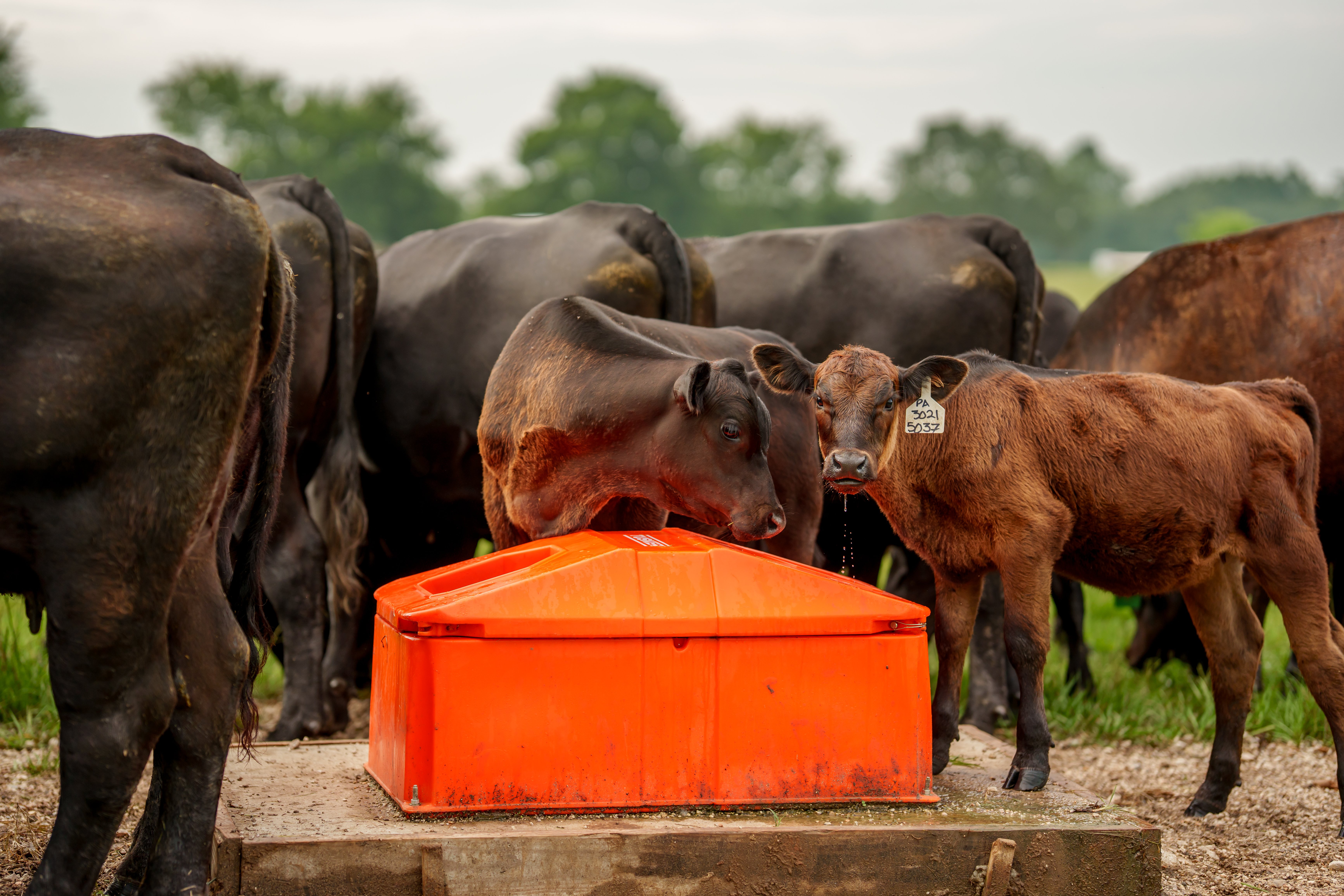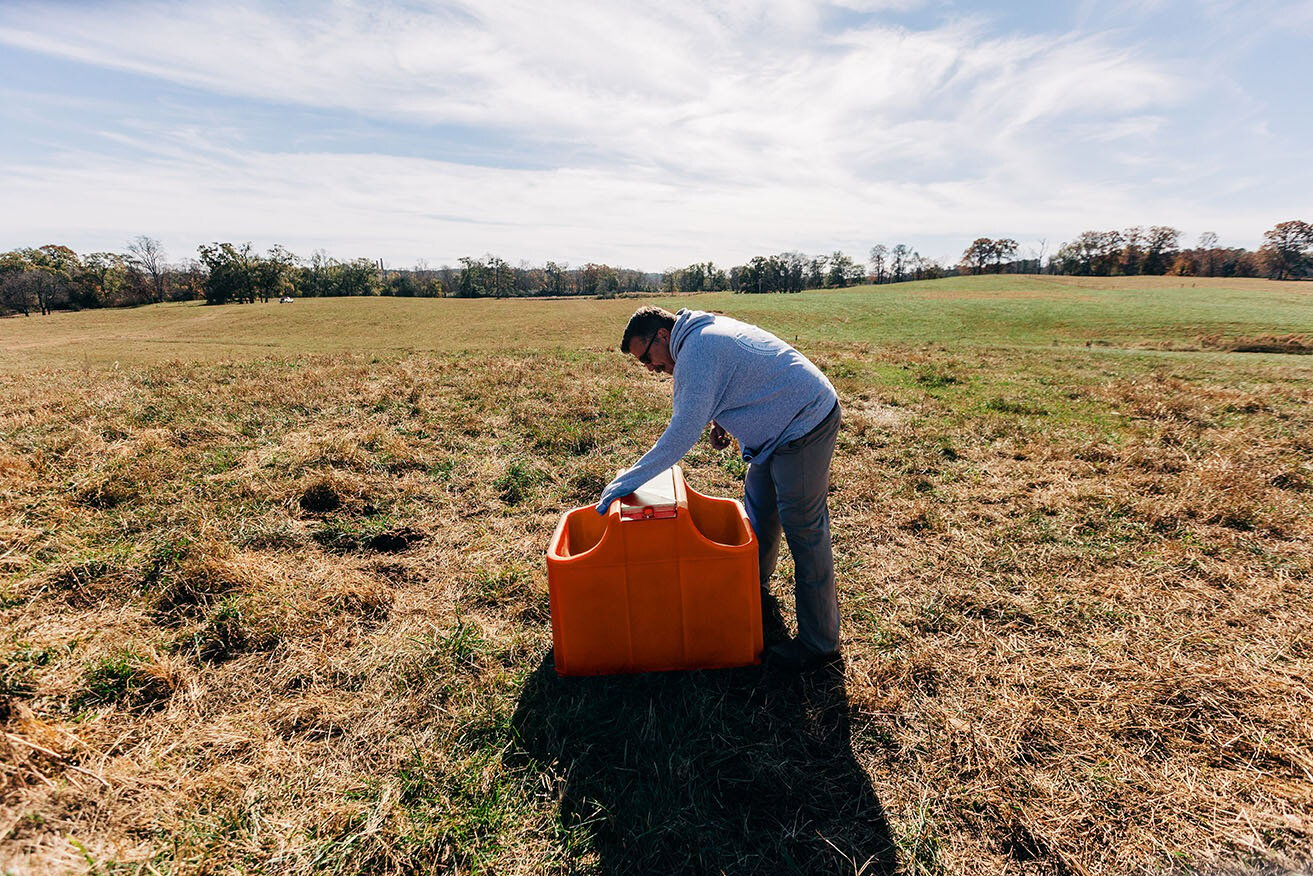.jpg?width=700&height=467&name=Tusker%20Livestock%20Water%20Tanks%20Energy%20Free%20(3).jpg)
Harness the power of efficient waterers to cut costs and conserve precious resources in the farming industry.
The True Cost of Wasted Water: Dollars, Energy, and Environmental Impact
Water is a precious resource that plays a vital role in farming. However, inefficient water usage can lead to significant financial losses, increased energy consumption, and detrimental environmental impacts. Wasted water not only costs money but also contributes to higher energy bills as more power is needed to pump and treat the excess water. Moreover, the environmental ramifications include the depletion of local water resources and an increased carbon footprint due to higher energy consumption.
Practical Tips for Efficient Water Management
Efficient water management is crucial for sustainable farming. Regularly checking for leaks in your water system can prevent water loss and save money. Adjusting float settings seasonally ensures that your waterers are operating efficiently throughout the year. Additionally, recycling discharge water for other purposes, such as irrigation, can further enhance water conservation efforts.

Incentives for Upgrading to Efficient Equipment
Upgrading to efficient waterers can be financially beneficial thanks to various incentives. Programs like the Environmental Quality Incentives Program (EQIP) and state conservation initiatives offer rewards for farmers who invest in efficient equipment upgrades. These incentives can significantly offset the initial investment costs, making it easier for farmers to adopt sustainable practices.
ROI Snapshot: Payback Period in Gallons Saved
Investing in efficient waterers can result in a substantial return on investment (ROI). For example, a farm that saves 1,000 gallons of water per head annually can see a payback period of just a few years, depending on the initial investment and water costs. These savings not only reduce operational expenses but also contribute to long-term sustainability.
.jpg)


